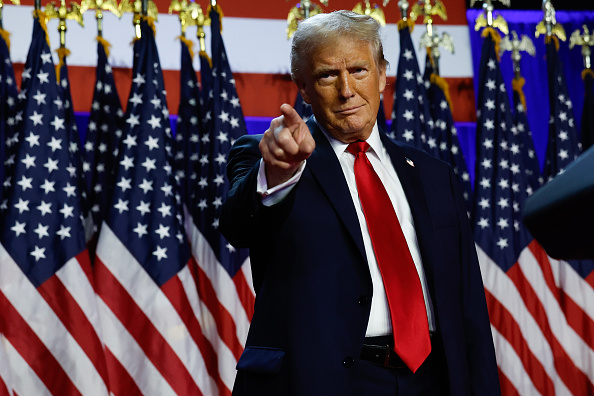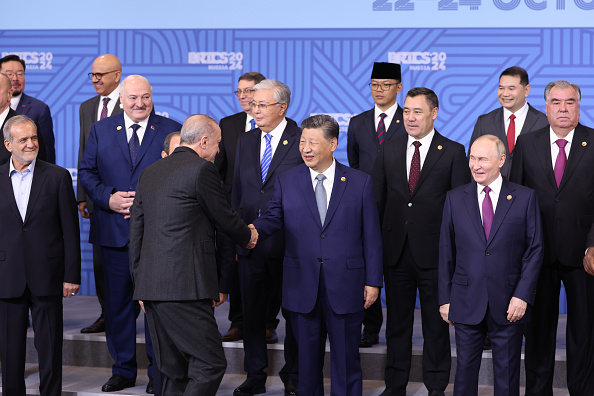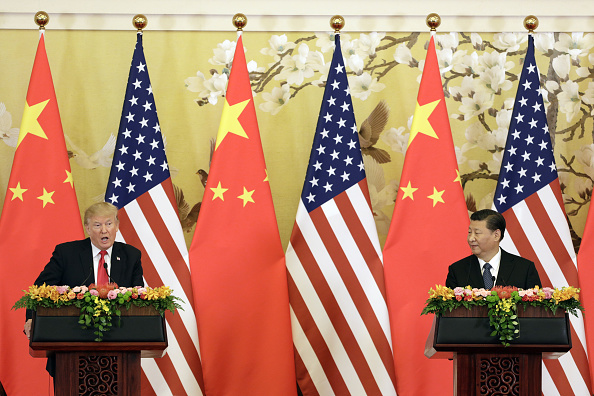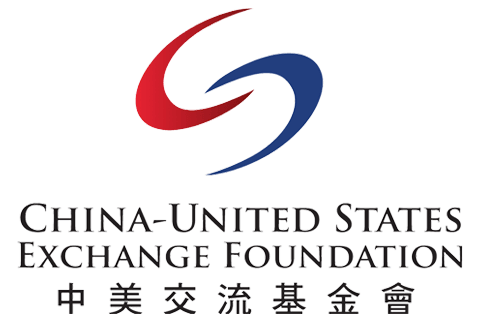
Dear Focus reader,
After months of global anticipation, the 2024 U.S. elections finally took place, with Donald Trump victorious and set to return to the White House in January, alongside Republican control of the Senate, and potentially the House of Representatives. Trump's victory sent shockwaves through political circles both domestically and internationally, prompting reactions from leaders around the world as they adjust to the shifting dynamics of U.S. governance.
Chinese President Xi Jinping sent a congratulatory message to Trump, emphasizing that China and the U.S. would "benefit from cooperation and lose from confrontation." The message came within a day, in contrast to 2020, which saw Xi's note to President Joe Biden come two weeks after the election results. "A stable, healthy and sustainable China-US relationship is in the common interests of the two countries and the expectations of the international community," he said. Chinese foreign ministry spokeswoman Mao Ning, meanwhile, called the election an "internal affair" for the U.S. and that China "respects the choice of the American people."
With heightened tensions between the two countries amid multiple global crises, speculation is mounting regarding how the incoming Trump administration will engage with Beijing, particularly following the last Trump presidency which was marked by a trade war. On the campaign trail, Trump promised to impose 60 percent tariffs on Chinese imports if granted another term. The new administration will also potentially shake-up the U.S.'s approach to other major issues, such as the South China Sea, Taiwan, and collaboration on climate change and public health.
In the midst of this uncertainty, the China-United States Exchange Foundation (CUSEF), in partnership with the China Center for International Economic Exchanges (CCIEE), will welcome distinguished global leaders to Hong Kong from November 15-16 for the annual "U.S.-China Hong Kong Forum". This year's event, titled Reflection and Forecast, brings together key figures from government, business, and civil society— including China's Ambassador Xie Feng, U.S. Ambassador Nicholas Burns, Chief Adviser to the Interim Government of Bangladesh, Muhammad Yunus, and the 12th U.S. Trade Representative, Charlene Barshefsky— to discuss the future of U.S.-China relations and solutions to today's most pressing challenges. Stay tuned to China-US Focus for more exclusive content from the Forum, and visit hkforum.com to see additional information.
Finally, learn more about U.S.-China relations by catching up on our latest Focus content, including topics on U.S.-China relations under Trump, BRICS and its global influence, the impact of U.S. election results, and more.
The total value of trade between India and China during the 2023-24 period, increasing from $71.66 billion in 2015.
Learn more in "BRICS Paves Way for China, India Reengagement," by Ghulam Ali, Deputy Director at Hong Kong Research Center for Asian Studies.
The Universal Language of Music | Mary Wu
Watch VideoQuestion of the Week:
In our Focus Insights section, we shared an article by Ted Galen Carpenter, Senior Fellow at the Randolph Bourne Institute, analyzing how Trump's return to office might impact U.S.-China policy.
We want to hear from you!
Do you believe U.S.-China relations would improve if the next administration adopts a more conciliatory approach to economic and security issues?
Submit your thoughts to USeditor@chinausfocus.com for a chance to be featured in next week's Focus This Week.
useditor@chinausfocus.com for more info.
Prepared by China-US Focus editorial teams in Hong Kong and New York, this weekly newsletter offers you snap shots of latest trends and developments emerging from China and the U.S. every week. It is a community space to exchange thoughts and ideas about the China-U.S. relationship and beyond.
- 2024-11-01 Focus This Week: Entering A New Era
- 2024-10-25 Focus This Week: Building Bonds at BRICS
- 2024-10-18 Focus This Week: “A Partner and Friend”
- 2024-10-11 Focus this Week: Tense Waters
- 2024-10-04 Focus This Week: 75 Years of the PRC
- 2024-09-27 Focus This Week: Critical Crossroads
- 2024-09-20 Focus This Week: An Uphill Battle
- 2024-09-13 Focus This Week: Competing Visions
- 2024-09-06 Focus This Week: Increasing Influence
- 2024-08-30 Focus This Week: Dialogue and Diplomacy
- 2024-08-23 Focus This Week: Intensifying Competition
- 2024-08-16 Focus This Week: Working Group Progress
- 2024-08-09 Focus This Week: Walz-ing into a new era?
- 2024-08-02 Focus This Week: Time Remaining
- 2024-07-26 Focus This Week: Political Shifts
- 2024-07-19 Focus This Week: The Third Plenum
- 2024-07-12 Focus This Week: 75 Years of NATO
- 2024-06-28 Focus This Week: The Race to November
- 2024-06-21 Focus This Week: Global Currents
- 2024-06-14 Focus This Week: A Diplomatic Tour



